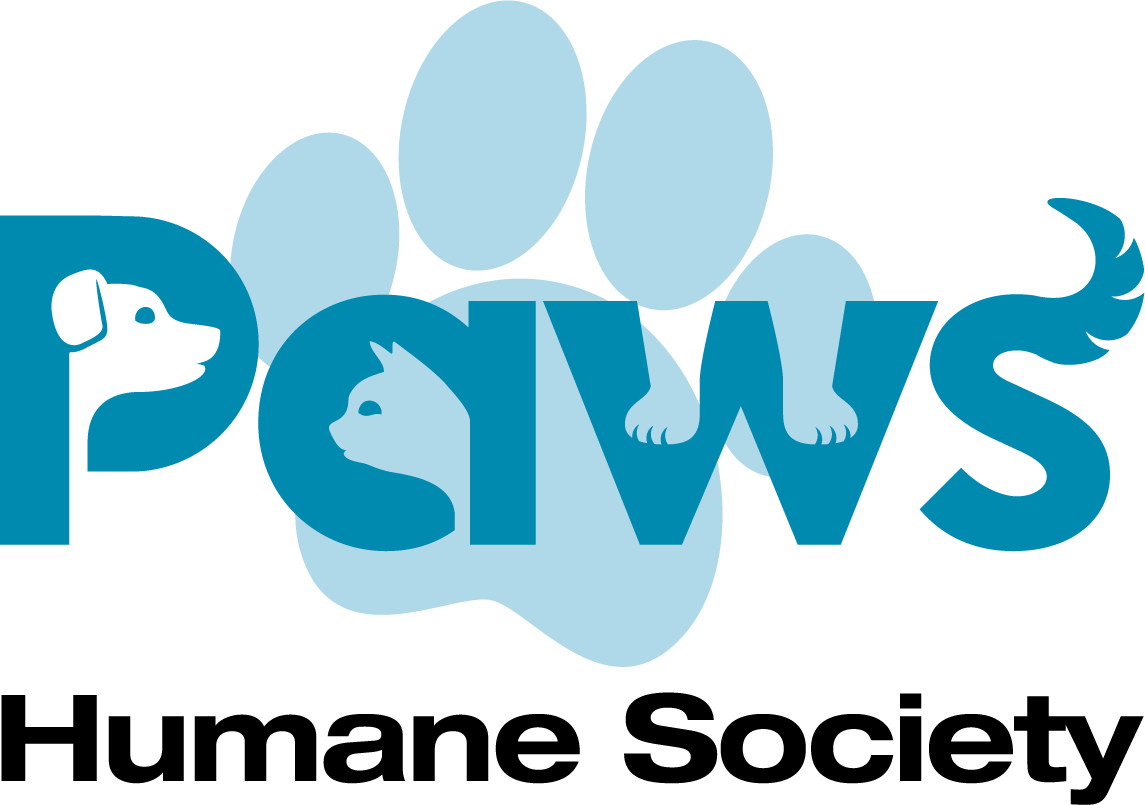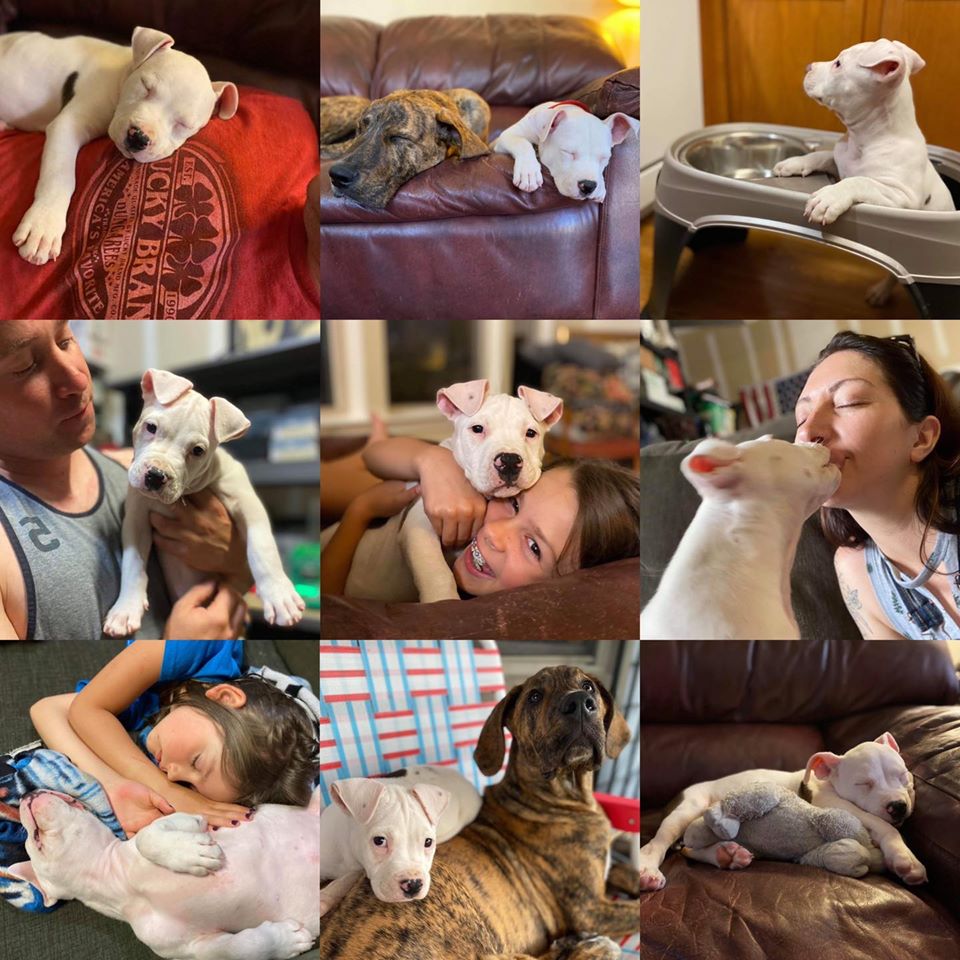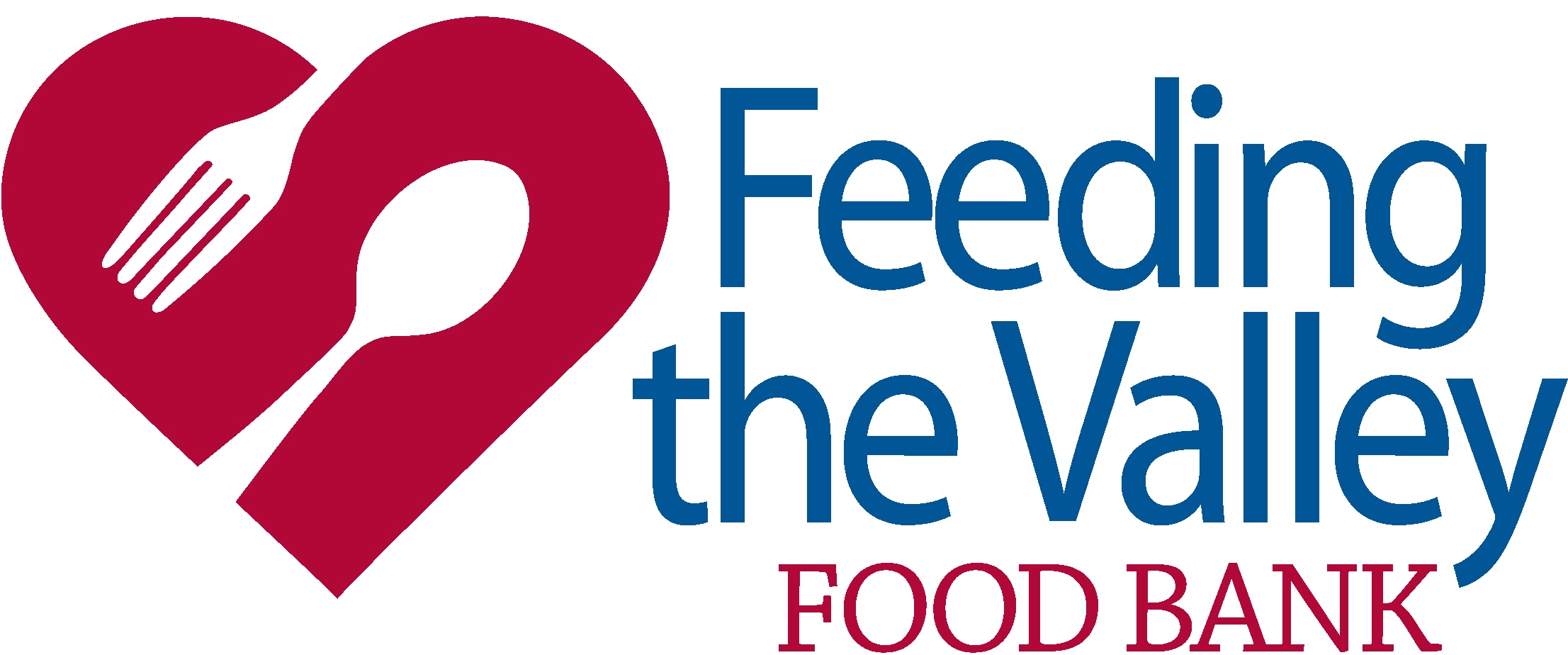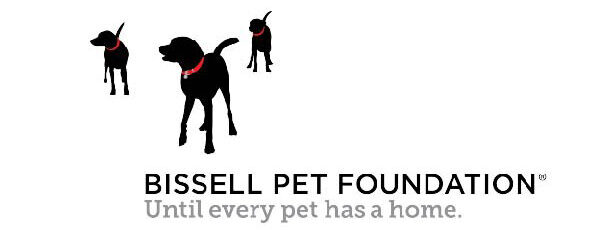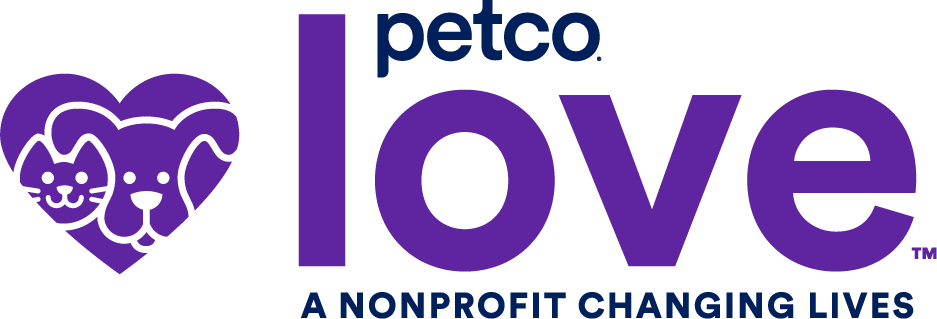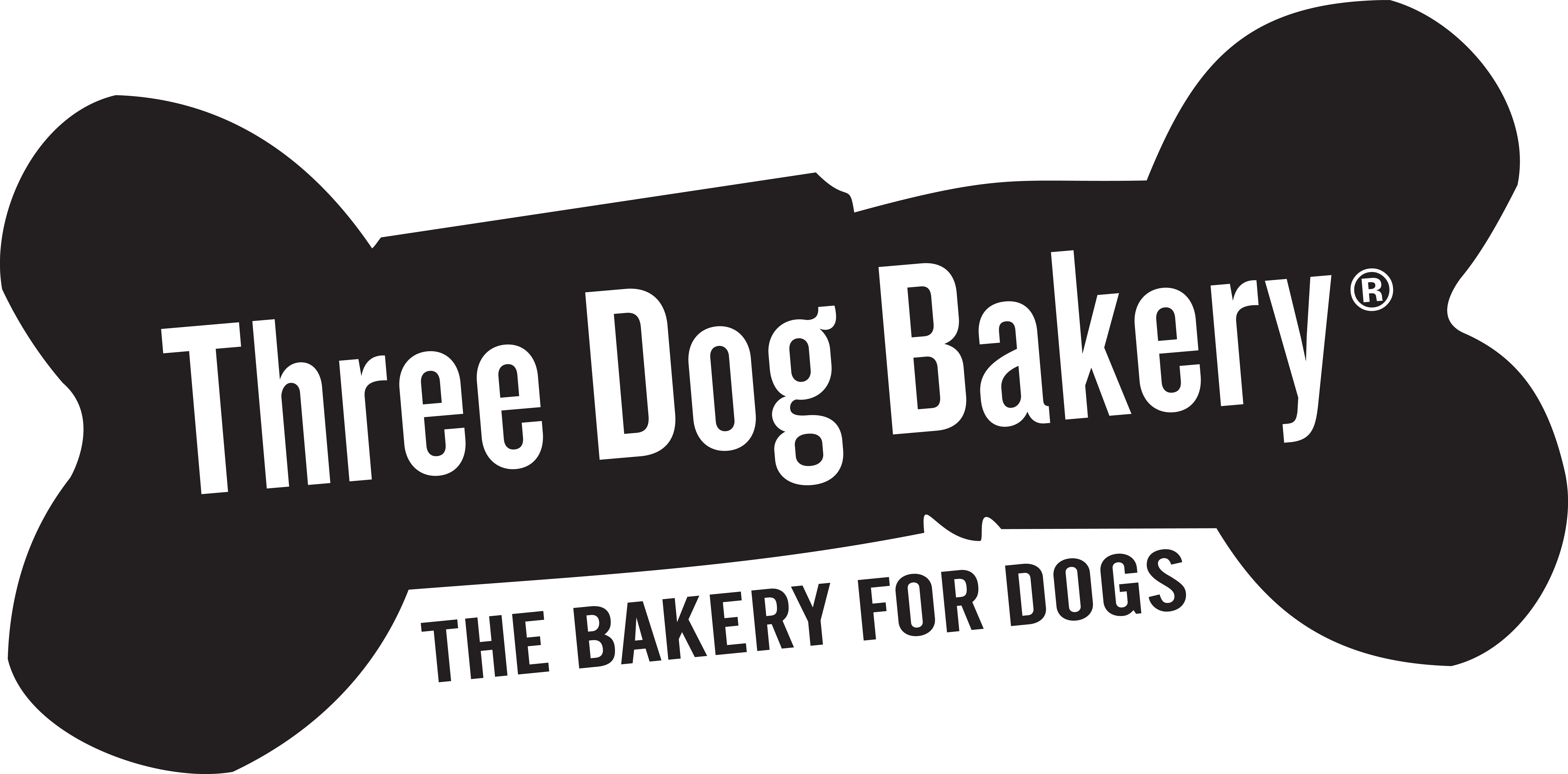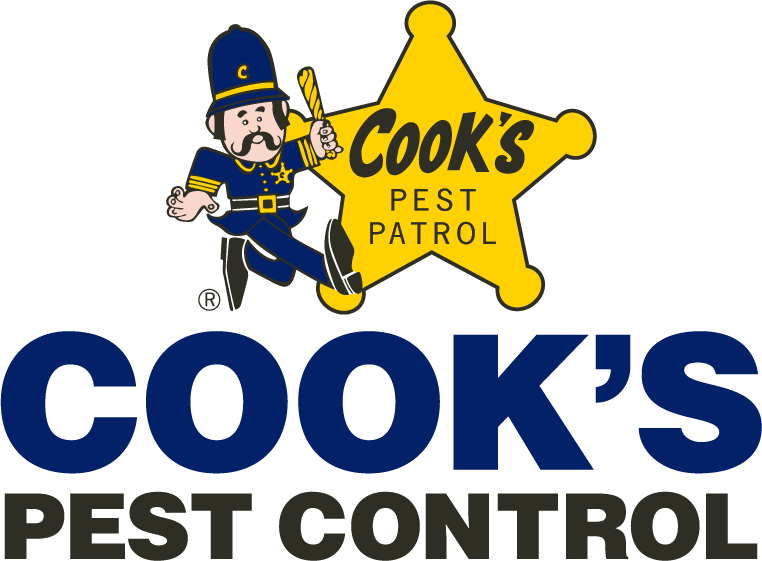New friends have been filling our homes since COVID. No, these friends aren’t the ones that ask you to help move furniture, they are the ones that bring a smile to your face every time they wag their tail, curl up in your lap or look up with adoring eyes.
Over the last two months, the number of people fostering cats and dogs have risen dramatically over the same period last year. With an estimated 7.6 million animals in shelters, organizations, such as Paws, rely on keeping animals in foster homes until they are adopted.
When Paws temporarily shut down due to COVID, we depended on individuals and families to provide temporary homes placing a record number of 198 pets in foster, including 41 adult dogs. We are proud to report those 41 adult dogs are delightfully, what we like to call, “Foster Fails”, as foster families adopted many of those. Those that were not, were adopted by others, providing valuable information from their foster families.
Fostering is important because you are saving two lives instead of one. It helps reduce overcrowding in Paws, providing space for our friends from Columbus Animal Care and Control, and opens up space for another animal to be saved. It also helps prepare animals for adoption by giving them a chance to live in a home where the can fully express their personality, work to overcome fears, or recover from trauma.
Fostering is important as it helps the animals to be more adoptable. Some animals aren’t accustomed to life in a home, they may not understand stairs or may be frightened by unfamiliar sounds like vacuums and kitchen appliances.
Even when shelters make every effort possible to keep animals comfortable and happy, the environment can still be scary and overwhelming for some, causing them to “shut down” emotionally or display destructive behaviors due to stress. When this happens, the animals isolate themselves and fail to interact with people, resulting in them being passed up by potential adopters. Foster homes are also essential for special-needs pets or those who are recovering from an injury or surgical procedure.
When animals are in a foster program, for many, they are in a home for the first time and they are able to enjoy a more relaxing environment while getting the one-on-one attention they need. This can be especially helpful for very shy and fearful animals, or those who need a bit of extra help with socialization. They build confidence by learning how to trust people, how to play with toys and other animals, and by experiencing everyday activities. Foster homes can also help by using positive reinforcement training to teach basic obedience skills and tricks. Each and every one of these things plays an individual, yet critical role in helping animals find adoptive homes. Animals who were terrified in shelters often open up once they’re in the comfort of a home, helping them become happy, more well-adjusted animals.
Through the Paws foster program, thousands of animals have had a second chance at an amazing life, and foster care is a critical part of our ability to adopt out more than 1,900 animals annually. Fostering is an immensely rewarding experience you’ll never forget, and it changes animals’ lives in a very direct way.
Be a hero. Change a life!
